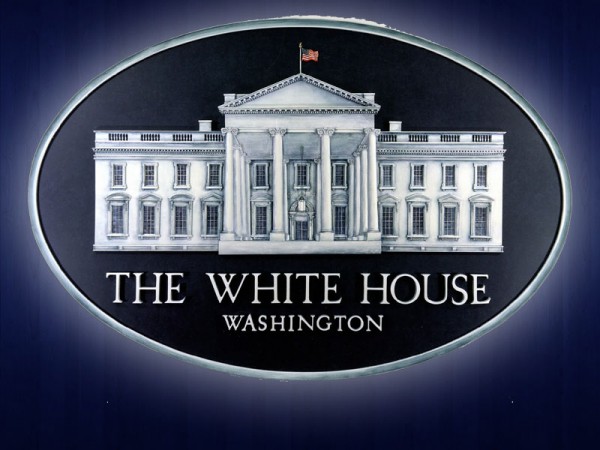BANGKOK (AP) — Shares fell Friday in Asia after U.S. markets were closed to observe a National Day of Mourning for former President Jimmy Carter.
U.S. futures were lower and oil prices advanced.
Regional markets saw a broad decline that analysts said reflects weakening confidence about the chances of further interest rate cuts by the Federal Reserve given recent data showing unexpected strength in the U.S. economy.
Minutes from a Dec. 17-18 meeting released this week showed Fed officials expected to dial back the pace of interest rate cuts this year in the face of persistently elevated inflation and the threat of widespread tariffs increases under President-elect Donald Trump and other potential policy changes.
The Fed’s staff economists considered the U.S. economy’s future path particularly uncertain at the December meeting, in part because of the incoming Trump administration’s “potential changes to trade, immigration, fiscal, and regulatory policies,”
Attention was focused on a U.S. non-farms jobs report due from the Labor Department later in the day.
“It appears that markets, at some level, are fretting (over) the risk that the Fed will keep policy a lot more restrictive than is conducive for sustaining unbridled ‘risk on,’” Tan Jing Yi of Mizuho Bank said in a commentary.
Uncertainties over how aggressively might pursue higher tariffs against China and other countries once he takes office also have left investors cautious just days ahead of the Jan. 20 inauguration.
“Increased tariffs against Chinese goods are a given, but it is unclear which other economies in the region will be targeted and whether universal tariffs are still on the table,” ANZ Research said in a report.
In Tokyo, the Nikkei 225 index lost 1.1% to 39,190.40, while South Korea's Kospi shed 0.2% to 2,515.78.
Chinese markets extended losses, with the Hang Seng in Hong Kong down 0.9% at 19,062.38. The Shanghai Composite index fell 1.3%, to 3,168.52.
In Australia, the S&P/ASX 200 gave up 0.4% to 8,294.10.
Bangkok's SET slipped 0.1%, while the Sensex in India rose 0.1%. Taiwan's Taiex slipped 0.3% higher.
In the United States, the bond market remained open Thursday until its recommended closure at 2 p.m. Eastern time. Yields held relatively steady following a strong recent run that has rattled the stock market.
The yield on the 10-year Treasury was sitting at 4.69% after topping 4.70% the day before, when it neared its highest level since April. It was below 3.65% in September.
Higher yields hurt stocks by making it more expensive for companies and households to borrow and by pulling some investors toward bonds and away from stocks. Yields have been climbing as reports on the U.S. economy have come in better than economists expected. Worries about possible upward pressure on inflation from tariff, tax and other policies that Trump prefers have also pushed yields higher.
In European trading Thursday, London’s FTSE 100 climbed 0.8% to 8,319.69 as the value of the British pound slid against the U.S. dollar amid worries about the United Kingdom’s economy and its government’s finances. A weaker pound can boost profits for U.K. exporters, which can goose their stock prices.
Germany’s DAX lost 0.1% to 20,317.10, and France’s CAC 40 added 0.5% to 7,490.28.
In other dealings early Friday, U.S. benchmark crude oil rose 67 cents to $74.59 per barrel. Brent crude, the international standard, rose 68 cents to $77.60 per barrel.
The U.S. dollar rose to 158.40 Japanese yen from 158.14 yen. The euro slipped to $1.0292 from $1.0301.




















